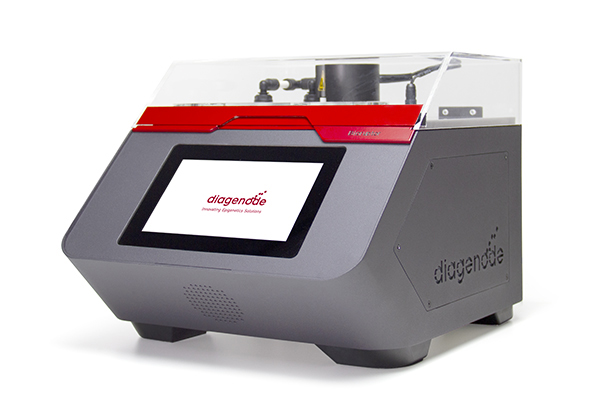Friess L. et al.
Microglia, resident immunocompetent cells of the central nervous system, can display a range of reaction states and thereby exhibit distinct biological functions across development, adulthood and under disease conditions. Distinct gene expression profiles are reported to define each of these microglial reaction states. Hence, the identification of modulators of selective microglial transcriptomic signature, which have the potential to regulate unique microglial function has gained interest. Here, we report the identification of ATG7 (Autophagy-related 7) as a selective modulator of an NF-κB-dependent transcriptional program controlling the pro-inflammatory response of microglia. We also uncover that microglial Atg7-deficiency was associated with reduced microglia-mediated neurotoxicity, and thus a loss of biological function associated with the pro-inflammatory microglial reactive state. Further, we show that Atg7-deficiency in microglia did not impact on their ability to respond to alternative stimulus, such as one driving them towards an anti-inflammatory/tumor supportive phenotype. The identification of distinct regulators, such as Atg7, controlling specific microglial transcriptional programs could lead to developing novel therapeutic strategies aiming to manipulate selected microglial phenotypes, instead of the whole microglial population with is associated with several pitfalls. Supplementary Information The online version contains supplementary material available at 10.1186/s13041-021-00794-7.

